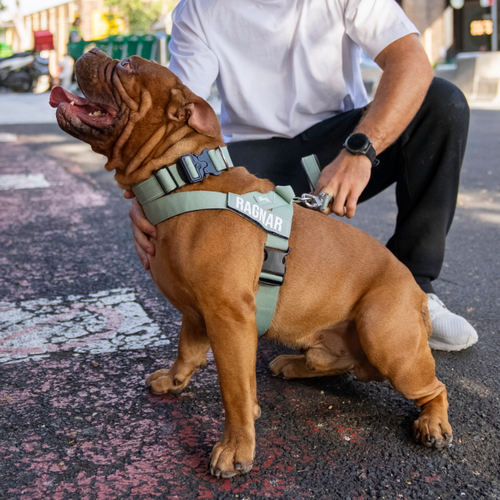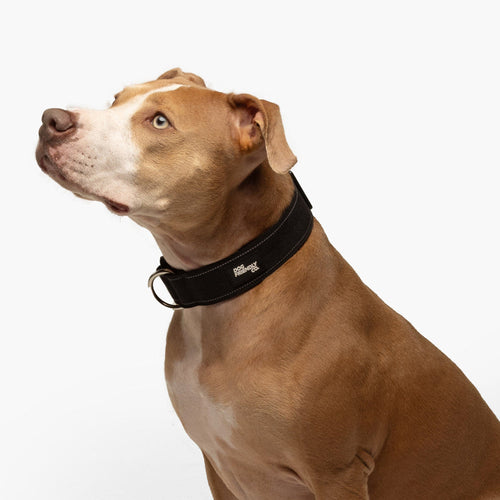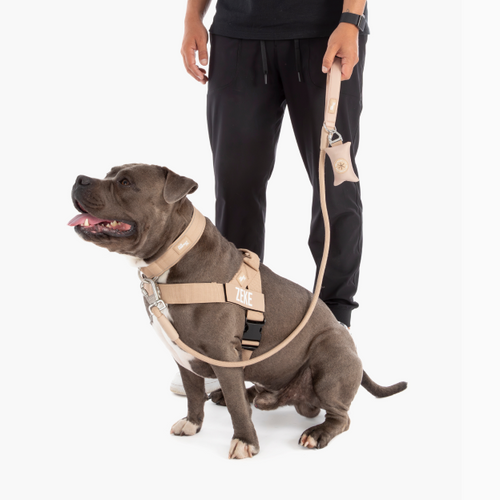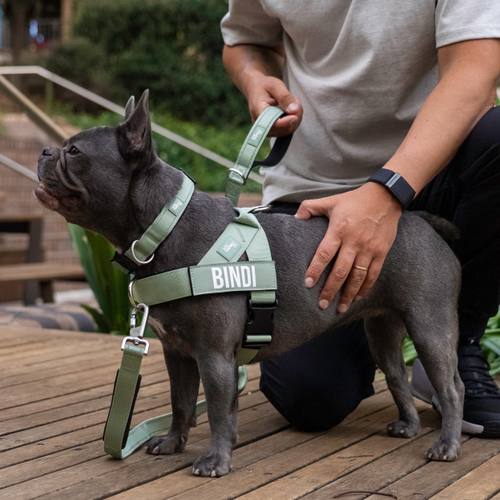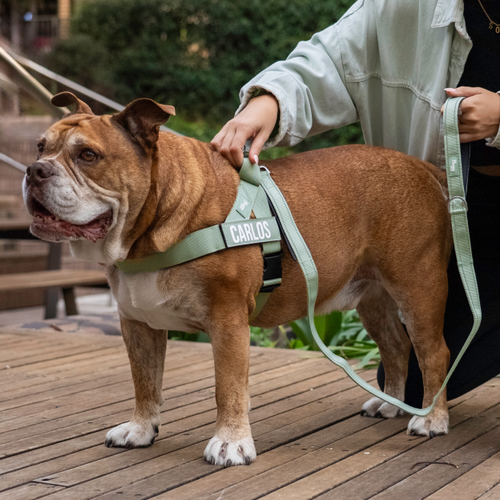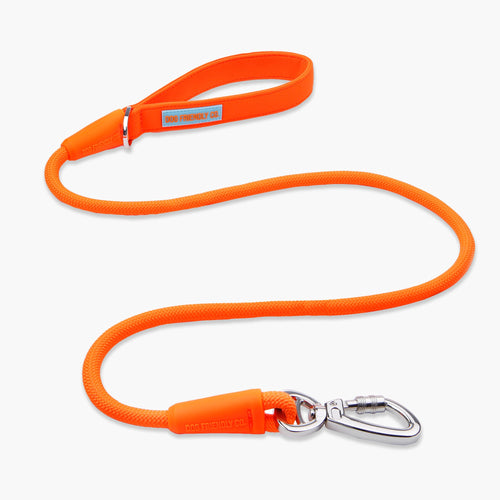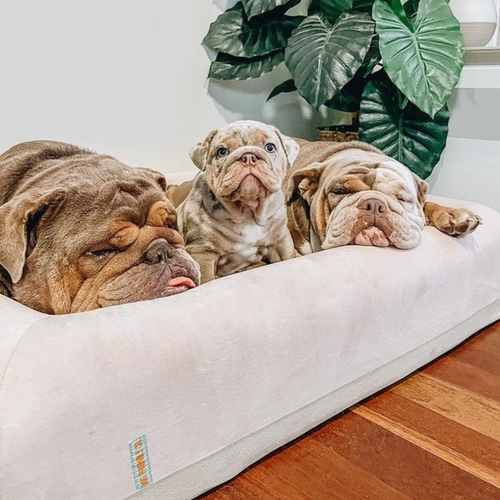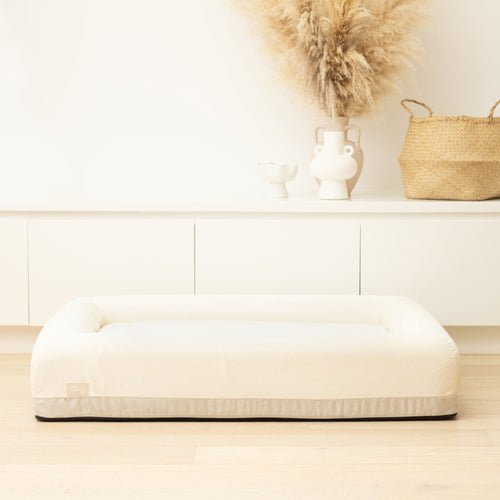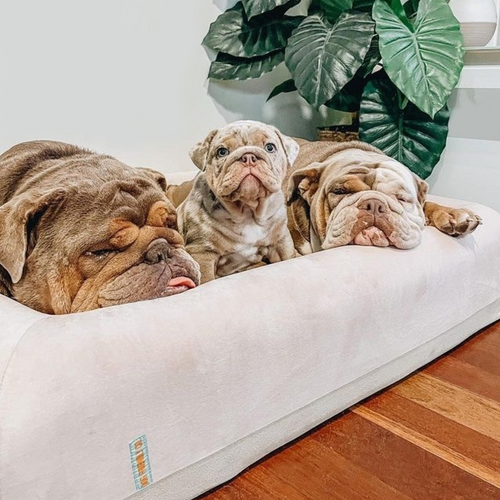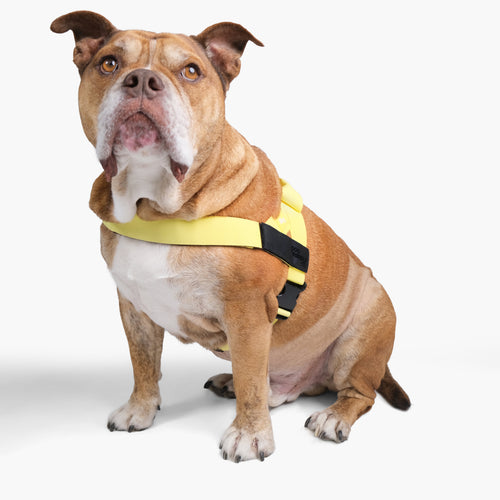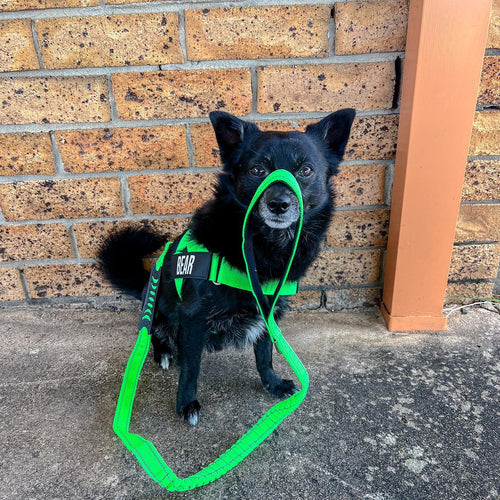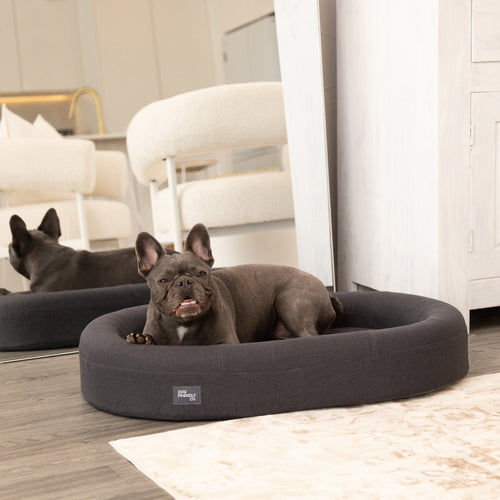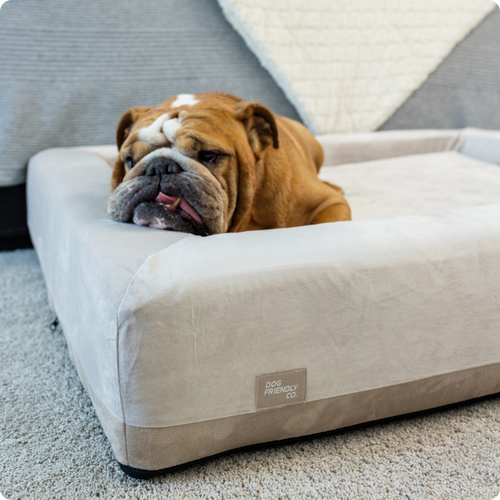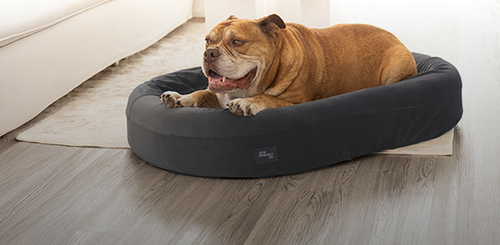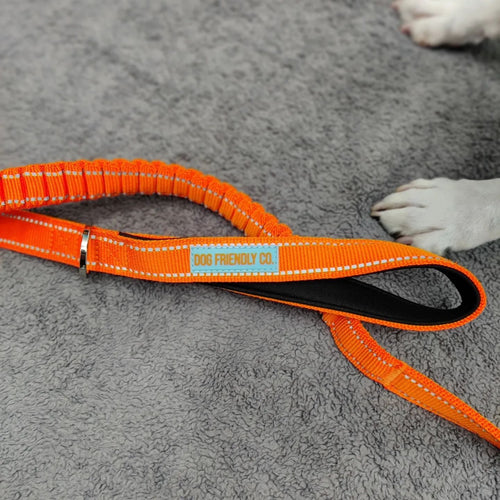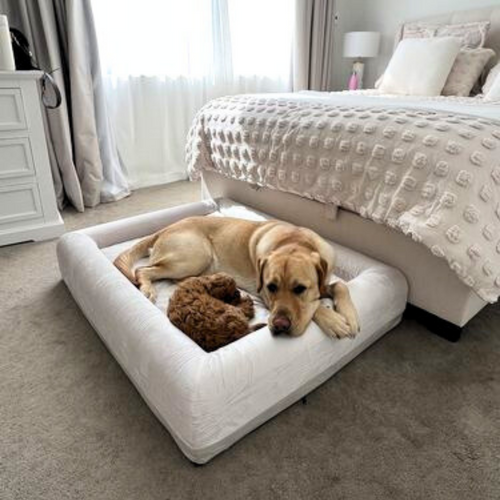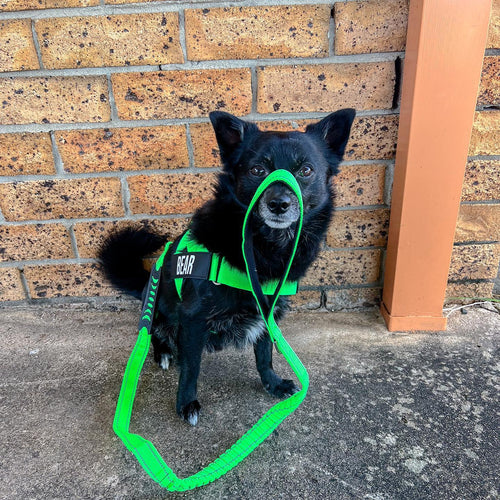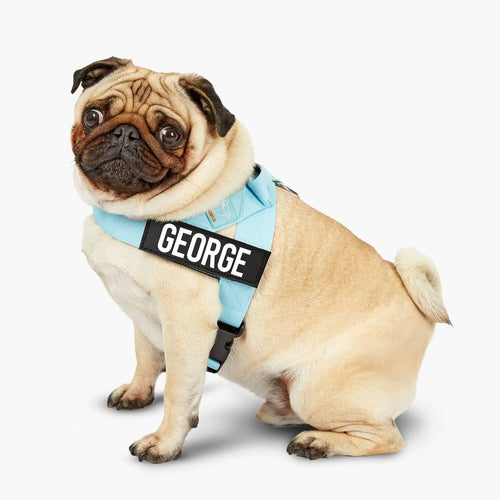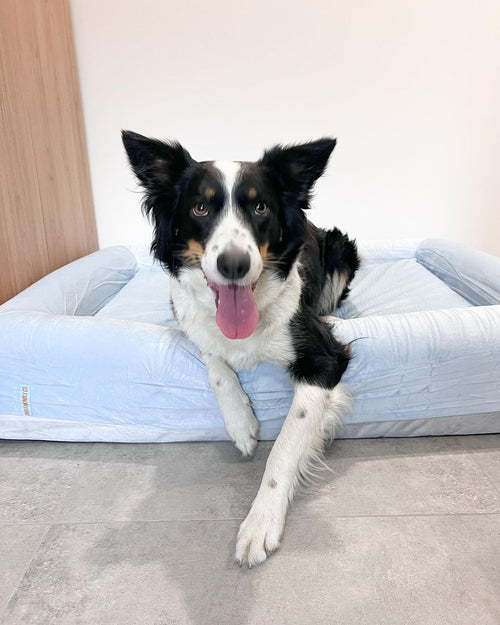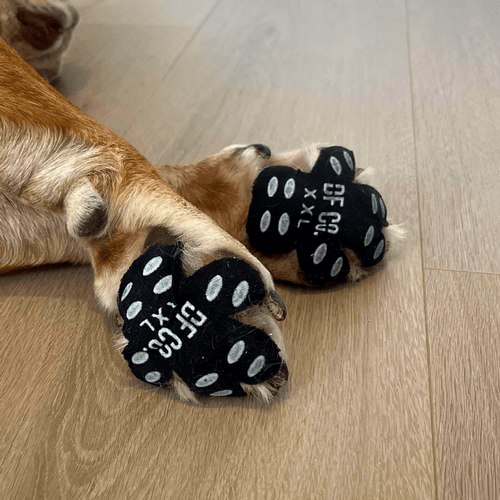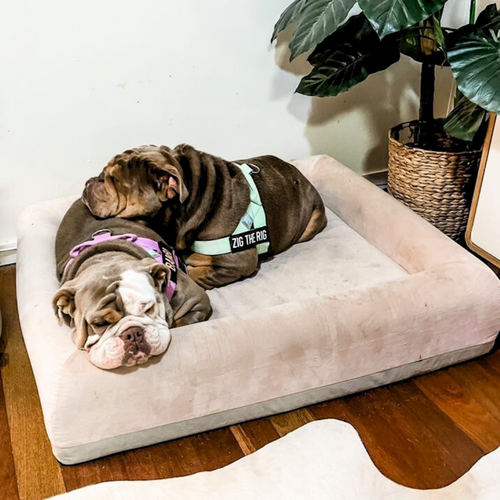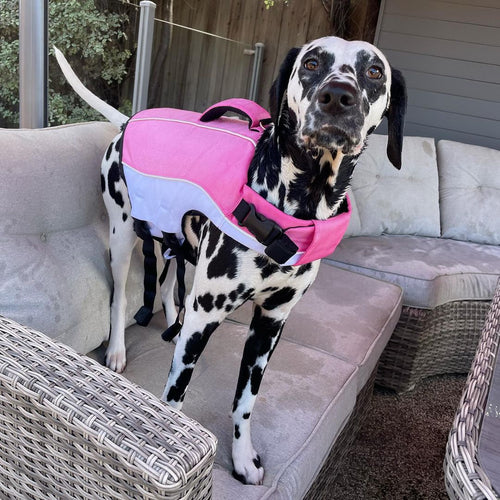If you've ever found your dog curled up under your bed, you might wonder why they choose such a spot over the cosy dog bed you bought them. While it may seem puzzling, many dogs exhibit this behaviour for a variety of reasons, including seeking comfort, security, or even managing anxiety. Understanding why your dog prefers sleeping under the bed is the first step to determining whether it’s a habit you should be concerned about.
Understanding the Behavior
Dogs are driven by instincts that have been passed down through generations. For some, sleeping under the bed is a way to feel safe and secure, while for others, it might be an escape from noise or activity. Understanding the motivations behind this behaviour is the first step to determining if it needs to be addressed.
Natural Instincts
Dogs have natural instincts to seek shelter and protection, just like their wild ancestors did. Sleeping under the bed can give them a sense of being enclosed in a den-like environment, which feels safe and secure. This behaviour is often tied to their survival instincts, as wild dogs would seek out small, sheltered spaces to rest.
Behavioural Context
While sleeping under the bed can be perfectly normal for some dogs, understanding the underlying reasons is essential. Some dogs may do this for comfort, while others might be displaying signs of anxiety or stress. Recognizing the cause will help you decide whether to let the behaviour continue or intervene with changes.
Encourage Your Dog to Sleep in Their Own Bed
If you’d like to transition your dog from sleeping under your bed to a designated dog bed, offering a bed that mimics the comfort and security they seek can help. Explore our collection of high-quality dog beds here to find a bed that’s perfect for your dog’s size and needs. Our beds are designed with comfort in mind, providing orthopaedic support and soft materials that will make your dog feel right at home.
Additionally, placing the bed in a quiet, familiar spot can help them adjust more easily. Use positive reinforcement, such as treats or praise, when they choose to rest on their new bed. With time and patience, your dog may come to prefer their cosy dog bed over the space under yours.
Common Reasons for Sleeping Under the Bed
There are several potential reasons why your dog may choose to sleep under your bed:
Seeking Security and Comfort
- Denning Instinct: Dogs are den animals by nature, and enclosed spaces like under the bed may remind them of the safety and comfort of a den.
- Feeling Safe: For dogs that feel anxious or overwhelmed, sleeping under the bed may provide them with a protected space where they feel safe from perceived threats or disturbances.
Avoiding Disturbances
- Noise Sensitivity: Dogs that are sensitive to loud noises or sudden sounds might retreat under the bed to escape the noise. This can include household sounds like vacuum cleaners or outdoor noise like thunderstorms.
- Avoiding Household Activity: If your household is busy or noisy, your dog might sleep under the bed to avoid the hustle and bustle, especially if they’re looking for a peaceful place to rest.
Coping with Anxiety or Fear
- Separation Anxiety: Dogs experiencing separation anxiety may sleep under the bed as a way to find comfort while waiting for their owners to return.
- Fear of Thunderstorms or Fireworks: Some dogs instinctively hide during thunderstorms or fireworks, seeking the enclosed space under the bed to feel safe from these frightening events.
Seeking Cooler or Warmer Spots
- Temperature Regulation: Dogs may seek out the cooler floor under the bed during hot weather or a warmer spot in colder months. This is a simple way for them to regulate their body temperature.
- Seasonal Behaviour: Dogs may switch sleeping spots depending on the season, choosing cooler spots in the summer and cosier, enclosed areas in the winter.
Medical Issues
- Pain or Discomfort: If your dog is experiencing pain, discomfort, or illness, they might retreat to a quiet, dark spot under the bed to rest and recover.
- Cognitive Dysfunction: Older dogs with cognitive dysfunction may sleep under the bed due to confusion or disorientation, as they might feel safer in a confined space.
Habitual Behaviour
- Routine and Habit: Some dogs sleep under the bed simply out of habit. Once they’ve made it a regular part of their routine, they may continue to choose this spot regardless of other available options.
- Previous Reinforcement: If your dog has been allowed to sleep under the bed in the past or found comfort there during stressful situations, they may continue this behaviour out of reinforcement.
Specific Considerations for Different Dog Breeds
Small vs. Large Breeds
- Size-Related Comfort: Smaller dogs, like Chihuahuas or Dachshunds, often feel more secure in tight, enclosed spaces like under the bed. While larger dogs may find it harder to fit, some still attempt to squeeze into small spaces to feel protected.
Breeds with Strong Denning Instincts
- Terriers and Burrowing: Breeds like terriers have a strong denning instinct and may be more likely to seek out small, hidden spaces for rest. This burrowing behaviour is part of their nature and can explain why they prefer sleeping under the bed.
How to Address and Manage the Behaviour
If you'd like to change your dog’s habit of sleeping under the bed, there are several ways to manage the behaviour:
Providing Alternative Safe Spaces
- Create a Den-like Area: Try offering a cosy, den-like area elsewhere in your home. A quiet corner with a comfortable bed or blanket can give your dog the security they’re seeking.
- Dog Crates and Beds: Crate training can provide a secure and enclosed space that mimics the feeling of a den. Alternatively, a specially designed dog bed can offer both comfort and security.
Managing Anxiety or Fear
- Routine and Consistency: Maintaining a consistent routine can help reduce anxiety-related behaviours, including hiding or sleeping under the bed. Stability can help your dog feel more secure.
- Calming Aids: Products like pheromone diffusers, calming blankets, or anxiety wraps can provide additional comfort for anxious dogs.
- Desensitization Training: Gradually exposing your dog to triggers like loud noises (thunderstorms, fireworks) through desensitisation training can help reduce their fear over time.
Temperature Control
- Ensure Comfortable Temperatures: Make sure your dog’s regular sleeping area is at a comfortable temperature to prevent them from seeking cooler or warmer spots under the bed.
Consulting a Veterinarian
- Health Check: If you suspect your dog is sleeping under the bed due to pain, discomfort, or illness, consult your vet for a thorough check-up.
- Treatment Options: If a medical issue is identified, your vet can recommend appropriate treatments to help your dog feel more comfortable.
When to Seek Professional Help
If your dog’s habit of sleeping under the bed persists despite your efforts to provide alternative spaces or manage their anxiety, it may be time to consult a professional. Persistent anxiety or fear-related behaviours often require guidance from a professional dog trainer or behaviourist, who can offer tailored strategies to address your dog's specific triggers. A behaviourist can work with your dog to help them overcome fear or anxiety through desensitisation, counterconditioning, or other behavioural modification techniques. They’ll assess your dog's environment, triggers, and routine to create a personalised training plan that focuses on reducing stress and providing your dog with healthier coping mechanisms.
If you suspect your dog’s behaviour may be due to medical issues, consulting a veterinarian is crucial. Dogs might hide or sleep under the bed if they are experiencing pain, discomfort, or illness. A veterinarian can conduct a thorough examination to rule out conditions like arthritis, joint pain, cognitive dysfunction in older dogs, or any other health-related concerns. Early detection and treatment of medical issues can not only alleviate your dog's discomfort but also prevent the behaviour from becoming ingrained.
In some cases, collaboration between a veterinarian and a behaviourist may be necessary, especially if anxiety and health issues are intertwined. Medications or supplements may be prescribed to manage anxiety, while behavioural training can help address the environmental triggers.
Dogs sleep under the bed for a variety of reasons—whether it’s a natural instinct to seek security, a response to anxiety, or a result of discomfort or illness. By identifying the root cause, you can determine the best way to manage the behaviour. Providing a safe, comfortable space, addressing anxiety or environmental stressors, and consulting a professional when needed can help ensure that your dog feels secure and content.
Patience is key, and with the right approach, many dogs can be redirected to healthier sleeping habits. Always be observant of any changes in your dog’s behaviour, and don’t hesitate to seek professional help if you’re concerned about their well-being. Your dog’s comfort and safety are worth the effort, and with the proper support, they can thrive in any space they choose to call their own.


















